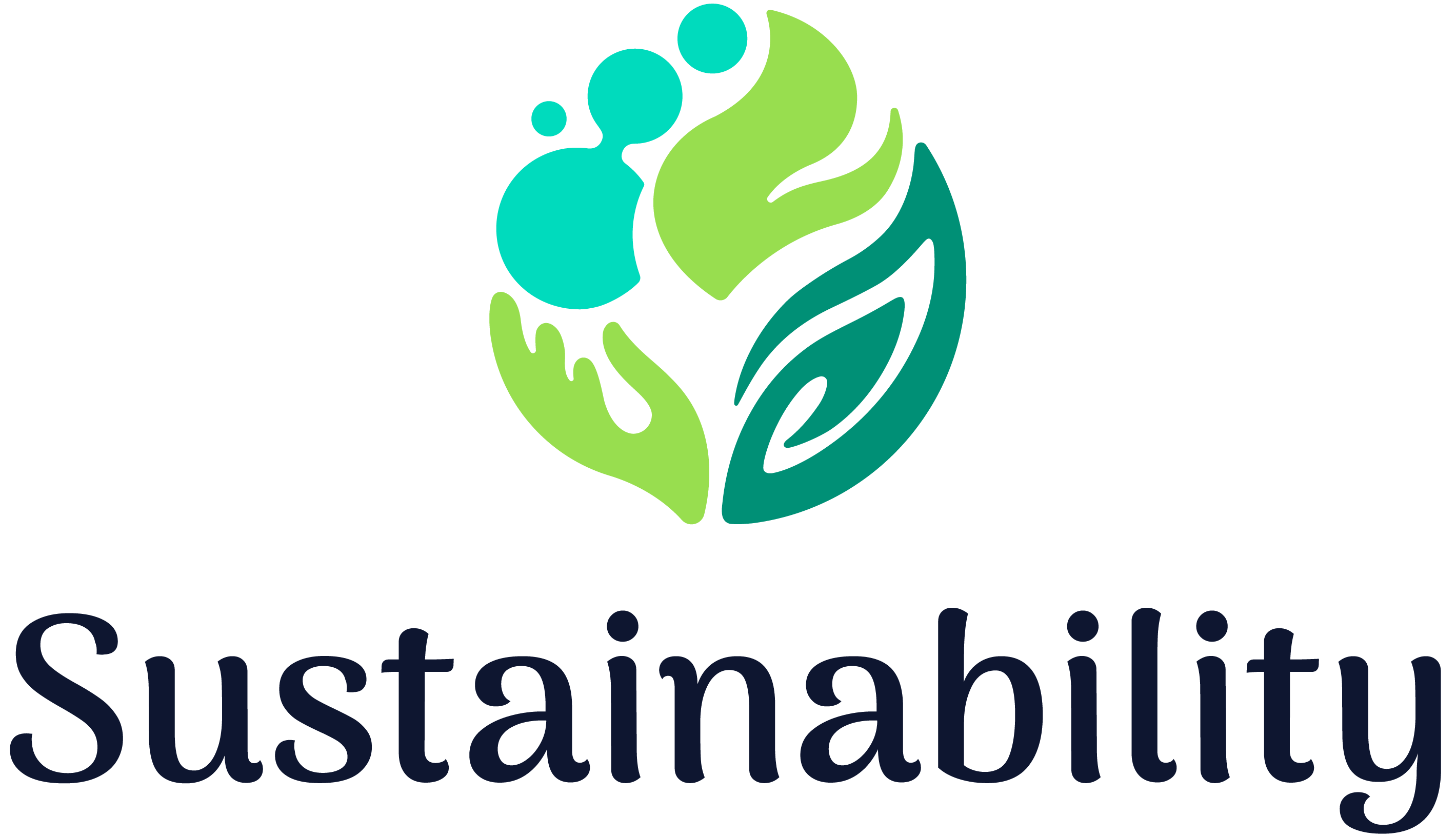
Driving Indonesia’s Energy Transition: Expert Insights
14/11/2024 08.00.00 | Press ReleaseBaku, 13 November, 2024 – At the Indonesia Pavilion of COP29 in Baku, Azerbaijan, Pertamina hosted a talk show, titled “Driving the Renewable Revolution: Renewable Energy Ambition” that brought together leading experts to explore pathways for accelerating Indonesia’s energy transition. The discussion, which was moderated by Ghaisani Nabila, the Manager of Sustainability Engagement & Culture, highlighted the challenges of moving away from a fossil fuel-dominated energy industry and the solutions required to build a sustainable future.
Indonesia’s current energy mix relies heavily on coal, which generates 61% of the country’s electricity. Eddy Soeparno, a keynote speaker and the Deputy Speaker of the Indonesian People’s Consultative Assembly, acknowledged this dependence and highlighted the nation’s untapped renewable energy potential of 3,700 GW. He called for urgent reforms in regulation, investments in technology, and financing solutions to support renewable energy development. Workforce re-skilling would also be crucial to meet the demands of emerging green industries. To achieve these goals, he stressed the need for collaboration among government, private sectors, and international partners.
Building on this vision, Eniya Listiani Dewi (Director General of New, Renewable Energy & Energy Conservation, MEMR Indonesia) outlined Indonesia’s roadmap to achieving Net Zero Emissions by 2060—or earlier. She emphasized the diversification of energy mix with biofuels, geothermal, solar, nuclear, and hydrogen energy. She also underscored the importance of a multi-stakeholder approach involving government, industry, academia, and civil society. This collaborative model, she noted, is essential for creating a resilient energy ecosystem that aligns national priorities with global climate commitments.
The economic case for renewables was made clear by Maurice Bermudez Neubauer, the Managing Director of Accenture Strategy & Consulting, who pointed out that solar power is already the cheapest energy source in many regions. He emphasized the role of carbon pricing, regulatory quotas, and corporate carbon goals in driving renewable adoption. Technology, particularly AI-driven optimization, can enhance the efficiency of renewable energy systems. He also highlighted the pivotal role of public-private partnerships in addressing financial and infrastructure barriers, fostering innovation, and scaling up renewable energy projects.
As a key player in Indonesia’s energy transition, Pertamina also presented its strategies through John Anis (CEO Pertamina New & Renewable Energy), where he outlined the company’s dual focus: optimizing traditional energy resources while scaling up renewable initiatives such as geothermal, hydrogen, and bioethanol. Efforts in carbon capture and the development of EV battery ecosystems are also central to Pertamina’s commitment to achieving Indonesia’s 2060 Net Zero target. Collaborating with local and international partners, Pertamina aims to position itself as a leader in sustainable energy development.
The session at COP29 highlighted Indonesia’s determination to transform its energy sector. By leveraging innovation, fostering partnerships, and making strategic investments, the nation is paving the way toward a resilient and sustainable energy future.
Indonesia’s current energy mix relies heavily on coal, which generates 61% of the country’s electricity. Eddy Soeparno, a keynote speaker and the Deputy Speaker of the Indonesian People’s Consultative Assembly, acknowledged this dependence and highlighted the nation’s untapped renewable energy potential of 3,700 GW. He called for urgent reforms in regulation, investments in technology, and financing solutions to support renewable energy development. Workforce re-skilling would also be crucial to meet the demands of emerging green industries. To achieve these goals, he stressed the need for collaboration among government, private sectors, and international partners.
Building on this vision, Eniya Listiani Dewi (Director General of New, Renewable Energy & Energy Conservation, MEMR Indonesia) outlined Indonesia’s roadmap to achieving Net Zero Emissions by 2060—or earlier. She emphasized the diversification of energy mix with biofuels, geothermal, solar, nuclear, and hydrogen energy. She also underscored the importance of a multi-stakeholder approach involving government, industry, academia, and civil society. This collaborative model, she noted, is essential for creating a resilient energy ecosystem that aligns national priorities with global climate commitments.
The economic case for renewables was made clear by Maurice Bermudez Neubauer, the Managing Director of Accenture Strategy & Consulting, who pointed out that solar power is already the cheapest energy source in many regions. He emphasized the role of carbon pricing, regulatory quotas, and corporate carbon goals in driving renewable adoption. Technology, particularly AI-driven optimization, can enhance the efficiency of renewable energy systems. He also highlighted the pivotal role of public-private partnerships in addressing financial and infrastructure barriers, fostering innovation, and scaling up renewable energy projects.
As a key player in Indonesia’s energy transition, Pertamina also presented its strategies through John Anis (CEO Pertamina New & Renewable Energy), where he outlined the company’s dual focus: optimizing traditional energy resources while scaling up renewable initiatives such as geothermal, hydrogen, and bioethanol. Efforts in carbon capture and the development of EV battery ecosystems are also central to Pertamina’s commitment to achieving Indonesia’s 2060 Net Zero target. Collaborating with local and international partners, Pertamina aims to position itself as a leader in sustainable energy development.
The session at COP29 highlighted Indonesia’s determination to transform its energy sector. By leveraging innovation, fostering partnerships, and making strategic investments, the nation is paving the way toward a resilient and sustainable energy future.





